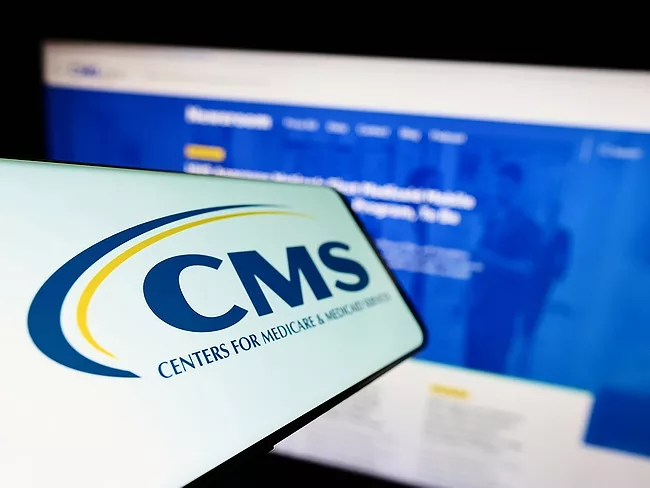
Articles by Mark McCarty
2025 FDLI Compliance Conference
RRA asks whether industry is even remotely ready for action
Read More2025 FDLI Compliance Conference
RRA asks whether industry is even remotely ready for action
Read More2025 FDLI Compliance Conference





